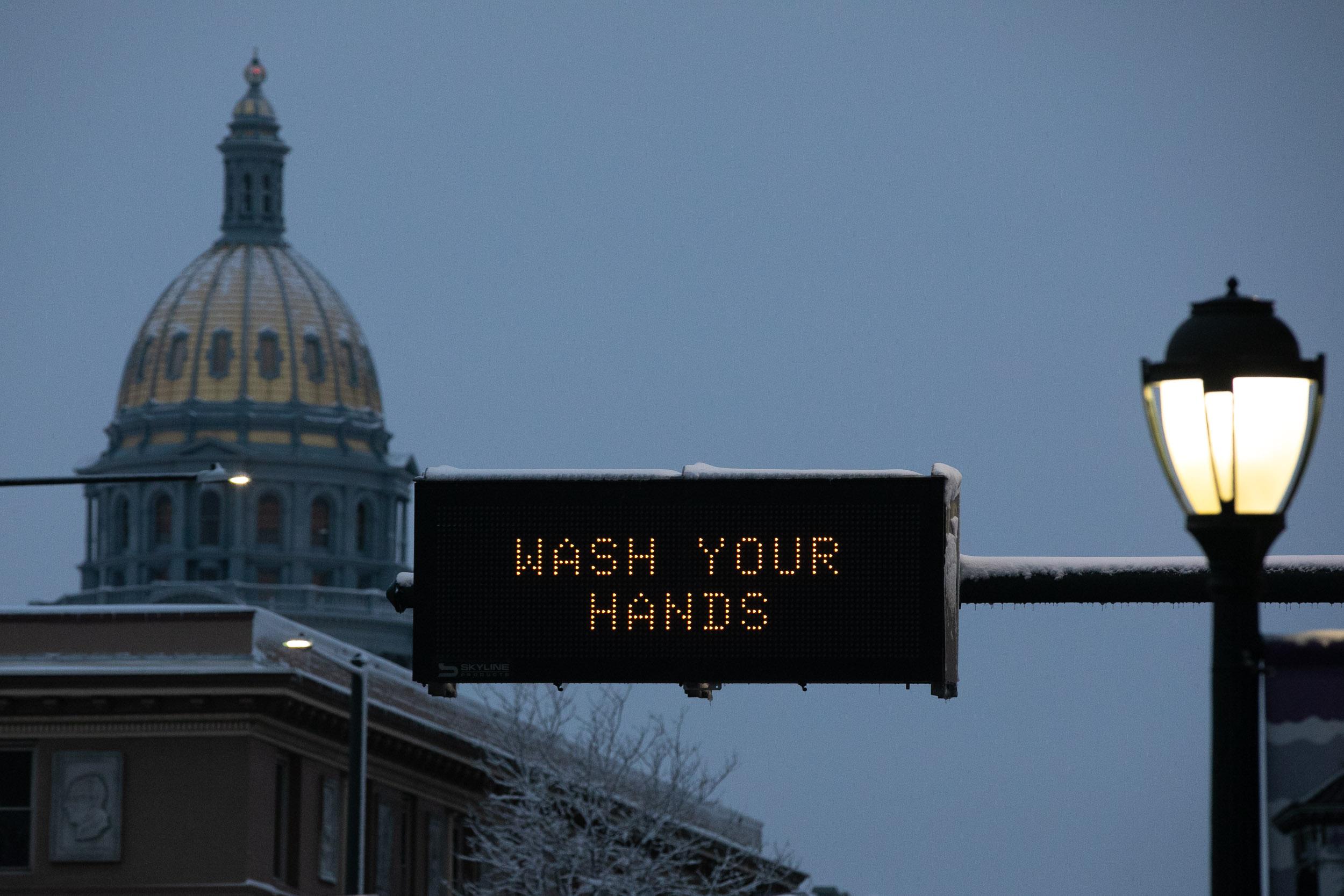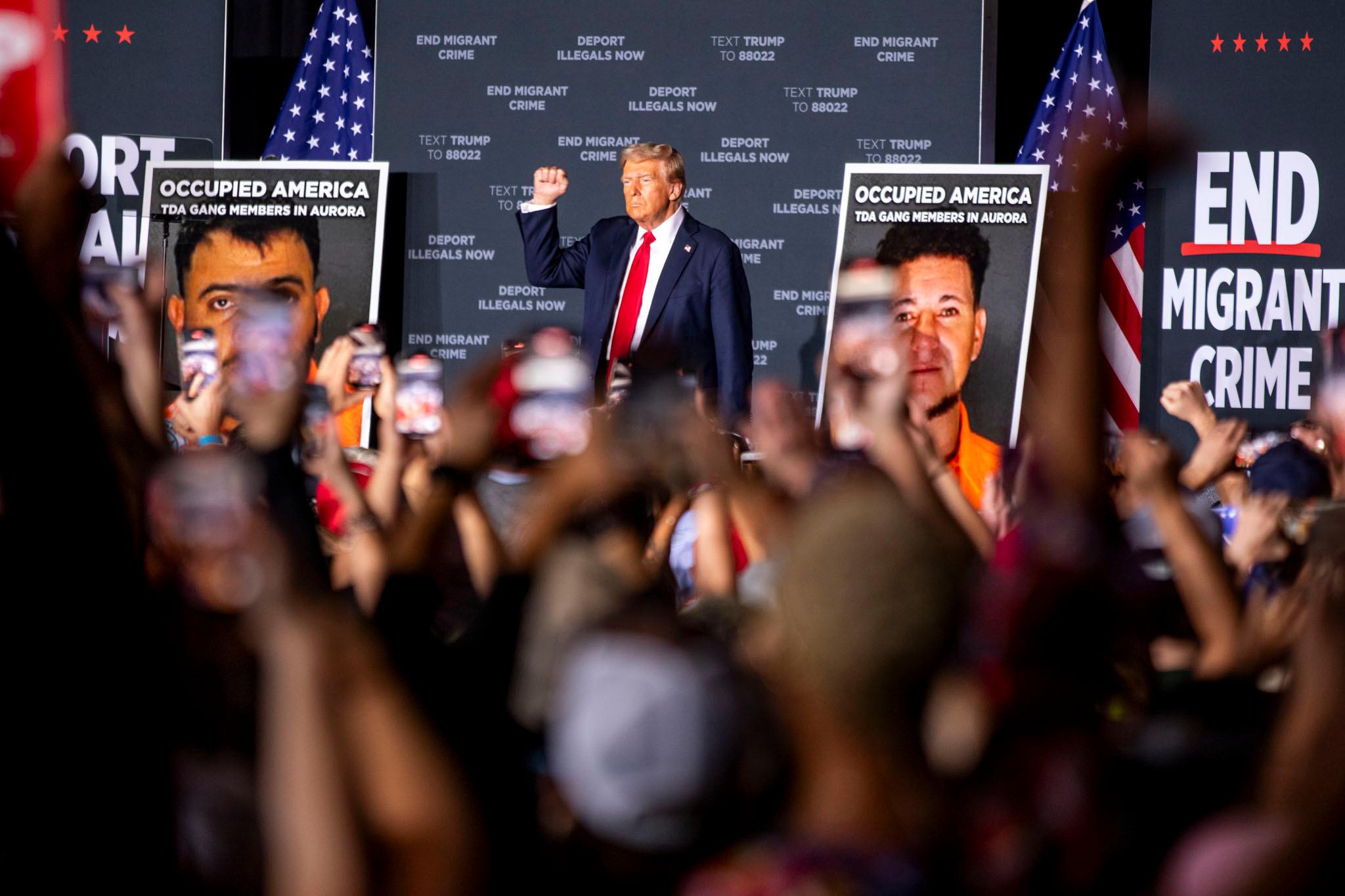
The Colorado Supreme Court ruled in a split decision that the state’s legislative session does not need to end as originally scheduled on May 6. The decision is a victory for Democrats, who control both chambers of the legislature. They argued that under a declared state of emergency the legislature could take a break without losing any working days. This ruling means the clock would start ticking again when lawmakers return to the Capitol.
The state legislature suspended its work March 14 amid the growing novel coronavirus pandemic in an attempt to slow down the spread of COVID-19.
“I thank the court in reaching the common-sense conclusion that during this public health crisis, the legislature can pause and return back when it’s safe to do so,” said Democratic Sen. Majority Leader Steve Fenberg. “This ruling means that when we return to the Capitol, we’ll have time to pass legislation to get Colorado’s families, businesses, and economy back on their feet.”
The state constitution requires the legislature to conclude its work after 120 days. Over the years, the requirement has been interpreted to mean 120 consecutive days, essentially a four-month-long session. But amid the current crisis, the political parties disagree on whether that endpoint still applies when the session has to temporarily stop during an emergency. Lawmakers passed a joint rule more than a decade ago when the session appeared to be under threat from a different outbreak.
The joint rule said, "...in response to the H1N1 viral pandemic, the General Assembly construes this provision to be 'one hundred twenty separate working calendar days (when) the Governor has declared a state of disaster emergency due to a public health emergency.' "
The court on Wednesday said that rule was valid, meaning the 120 working days didn’t need to happen in a four-month span.
“Legislative enactments are presumed to be constitutional; overcoming this presumption requires a showing of unconstitutionality beyond reasonable doubt,” the court said.
The court also said the constitution was “ambiguous as to whether the 120 calendar days allotted for a regular legislative session must be counted consecutively. The court further concludes that the General Assembly reasonably resolved the ambiguity,” with the joint emergency rule.
Republicans argued that the legislature’s end date should remain in place. “The constitution cannot be amended, altered, or changed by statute, let alone legislative rule," stated a brief.
On Wednesday, Republican Sen. Bob Gardner from Colorado Springs said the Colorado Supreme Court’s 4-3 decision was disappointing.
“As the three dissenting justices stated in their opinion, I respectfully disagree with the decision and find the precedent to be both disconcerting and dangerous,” he said. “But, this is the interpretation of the court's majority. As an advocate for the rule of law, I respect the court's decision.”
The three dissenting justices argued that extending the session could lead to a slippery slope and change the state constitution.
“The primary purpose behind setting a maximum term for regular sessions was the desire by lawmakers and voters to maintain the part-time “citizen legislature” that has existed since our statehood. Having lengthier legislative sessions favors full-time legislators over part-time citizens willing to take time from their private lives to serve the public good and threatens the diversity we value so much in our General Assembly,” the dissenting justices said.
Republican Senate Minority Leader Chris Holbert said he was glad to have more clarity on the situation.
“We are grateful to know the court’s opinion so that legislative leadership and all members of the General Assembly can determine how best to proceed in these most challenging times,” he said.
It’s not clear when the legislature will come back in session. Right now it’s adjourned day to day. Democratic Speaker of the House KC Becker said she wants to avoid spreading the disease and risking the health of everyone working at the Capitol. One lawmaker has tested positive for COVID-19 and another contracted a different coronavirus.
“This is an unprecedented time that calls for thoughtful action. We will continue looking at the data and talking to public health experts to determine when it is safe to come back to the Capitol. Once we do return, we’ll need everyone at the table to solve our most difficult challenges” Becker said.









